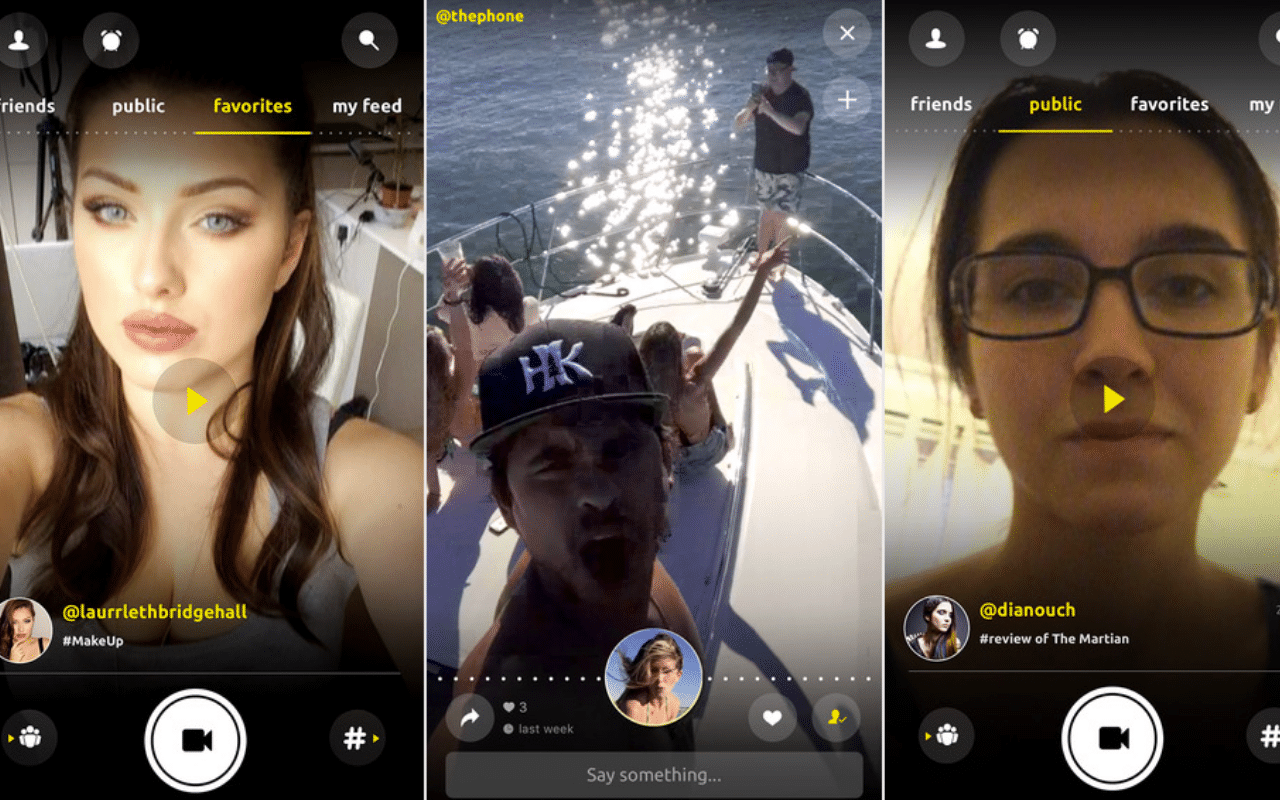
In an age where digital literacy is growing with each generation, the cry for authenticity online is growing too. From the proliferation of ‘finsta’ accounts to the public call-out of celebrities who edit their photos, it is clear that this generation values truth and realness. Social media is often the first to be blamed for cultivating a culture of comparison, where users are compelled to show only the best snippets of their lives.
Even still, while the days of overly edited and overtly curated Instagram feeds are long behind us (at least for now), celebrities and everyday social media users continue to find ways to put their best foot forward. From an even more carefully curated ‘photo dump’, to the hundreds of photos taken to get the perfect candid shot, it seems that our demand for authenticity is coupled with better ways to perform it.
From here, we must raise the question: is social media really the enemy of authenticity? Or is it our own desire to keep up appearances that stands in the way of being ‘real’?
Enter: BeReal— the latest social media app captivating Gen Z
Given the assumption that social media is to blame for the problem of inauthenticity online, it comes as a surprise that a new social media app is marketing itself as the solution.
BeReal is yet another photo-sharing social media app targeting the tech-savvy Gen Z, and authenticity is their M.O.
Best likened to Snapchat or Instagram stories, BeReal users can share a moment from their day with friends before it disappears the next day. The catch, however, is that the app dictates when that moment is by sending a notification at a random time each day, where users will have 2 minutes to share a snap of their face and their surroundings. It might be at 3:48pm on a Tuesday, or 11:23am on a Friday, but the point is to encourage users to all share whatever they are doing at the same time.
BeReal has also taken validation out of the equation. There are no likes for posts, only ‘RealMojis’ where friends can react with a selfie, imitating an emoji. There are also no followers, no grid, and the only way to view friends’ BeReals is to post one yourself.
A steady climb
Since BeReal’s inception in 2020, the app has grown steadily in the past 2 years, making its way through one college campus at a time. From its French origins, the app has now broken into the US market and is currently ranked as the sixth most popular social networking app on the App Store.
Students have said they enjoy the way in which BeReal offers a change in pace from the polished platforms they’re used to using. They have also had surprising offline effects. One student told Protocol that the daily BeReal photos have been a good way to check in with her friends.
“If someone’s been in bed for every BeReal for the past week, I can be like, ‘Hey, are you OK? Do you need anything?’” she said.
A spokesperson for BeReal even said, “One of our core beliefs is that people should spend as little time as possible on their phone – including Be Real.
“The real world is out there and not online,” she said.
If BeReal’s main point of difference is marketed as its commitment to authenticity, this surprising philosophy of encouraging young people to connect with friends face-to-face further sets them apart from other social media platforms. In promoting authenticity online, BeReal may have inadvertently achieved the same goal offline. After all, what’s more real than being together and connecting with friends in person?
And for that, we can say that BeReal is bringing something new.

